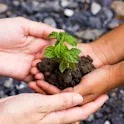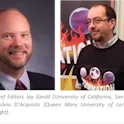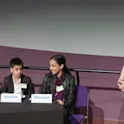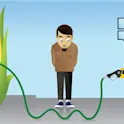
Young Minds
11 Oct 2016
Frontiers for Young Minds is delighted to announce our newest section – Understanding Biodiversity
Frontiers for Young Minds is proud and excited to announce the launch of its newest specialty section, Understanding Biodiversity. This new specialty will be led by the Specialty Chief Editor Chelsea Specht of UC Berkeley and will provide articles that help our curious young readers to better understand the biological diversity that exists on our planet! The Understanding Biodiversity specialty is now open for submissions and will publish articles with the following scope: Biology is the study of life, and what could be more important than that? When scientists study the variety of life – called biodiversity – they can use tools from ecology, evolution, conservation, genetics, and even the management of our natural resources. They find and describe new species, explore uncharted ecosystems, study how and why species change, investigate patterns in where and when species live, and study processes that make it possible for an ecosystem to survive or thrive. This section of Frontiers for Young Minds will include articles that describe, explore, and explain biological diversity on Earth – past, present, and future. From paleontology to botany to zoology (all animals big and small, from elephants to microbes), articles will address how living things adapt, change, and use […]












